Importance of Claims Analysis
In today’s business climate, managers need benefits solutions as resourceful and cutting-edge as the organizations they run. For many employers, pre-packaged full insurance health plans do not provide the greatest value to their organizations. Employers of all sizes are looking to mold their plans around the requirements of their businesses.
There are many reasons employers might avoid a traditional plan system. Small and mid-sized employers might want to avoid risk charges and state premium taxes. Large employers may want to administer their benefits plans themselves and grow their cash flow by holding their reserves in an interest-bearing account. Multi-state employers might want to free themselves from the burden of complying with the insurance regulations of multiple states. Employers of young, healthy workforces may be looking to save on health insurance.
Because each business is unique and requires its own set of insurance solutions, diversity in provided benefits plans is needed. For many employers, it may be far more beneficial to pursue self-funding as a benefits solution.
Self-funding Advantages
A self-funded group health plan is one in which the employer eliminates obligations to a health plan provider by assuming the financial risk for providing health care benefits directly to its employees. While experienced, successful business managers are experts at mitigating risks, many will gladly take on risk exposure if the probability is good for a high payout.
There are numerous well-documented advantages to self-funding for employers that manage risk well, including:
- Reduced insurance overhead costs. Carriers assess a risk charge for insured policies (approximately 2 percent annually), but self-insurance removes this charge.
- Reduced state premium taxes. Self-insured programs, unlike insured policies, are not subject to state premium taxes. The premium tax savings is about 2 to 3 percent of the premium dollar value.
- Avoidance of state-mandated benefits. Self-insured plans are exempt from state insurance laws, subject only to Employment Retirement Income Security Act (ERISA) compliance.
- Choosing benefits services à la carte
- Flexibility in plan designs, administration, and offered services
- Customizable stop-loss insurance to reduce the risk associated with high claims
- Improved cash flow. Self-insured employers do not have to pre-pay for coverage, and claims are paid as they become due.
- Additional cash flow if reserves are held in an interest-bearing account
Complete Customization
One of the greatest assets offered by self-funding is the complete freedom to structure benefits according to the needs of your company. Employers can choose what benefits they want to offer while opting to insure individual benefits through traditional means or forgo offering them altogether.
The following benefits may be self-insured:
- Health care (indemnity, PPO, POS and HMO)
- Dental
- Short-term disability
- Prescription drugs
- Vision care
Employers can also make the final call on important variables, such as:
- Eligibility
- Exclusions
- Cost-sharing
- Policy limits
- Retiree benefits
Employers are also free to administer benefits themselves if they have the resources or to retain a third-party administrator at a fraction of the cost of a traditional benefits provider.
Most advantageous to employers worried about the potential for large claims is the ability to acquire stop gap insurance, allowing managers to determine their total amount of yearly costs with 100 percent certainty.
Dansig Insurance Risk Advisors welcomes the opportunity to help your organization examine its plan designs and make recommendations for improvement.



